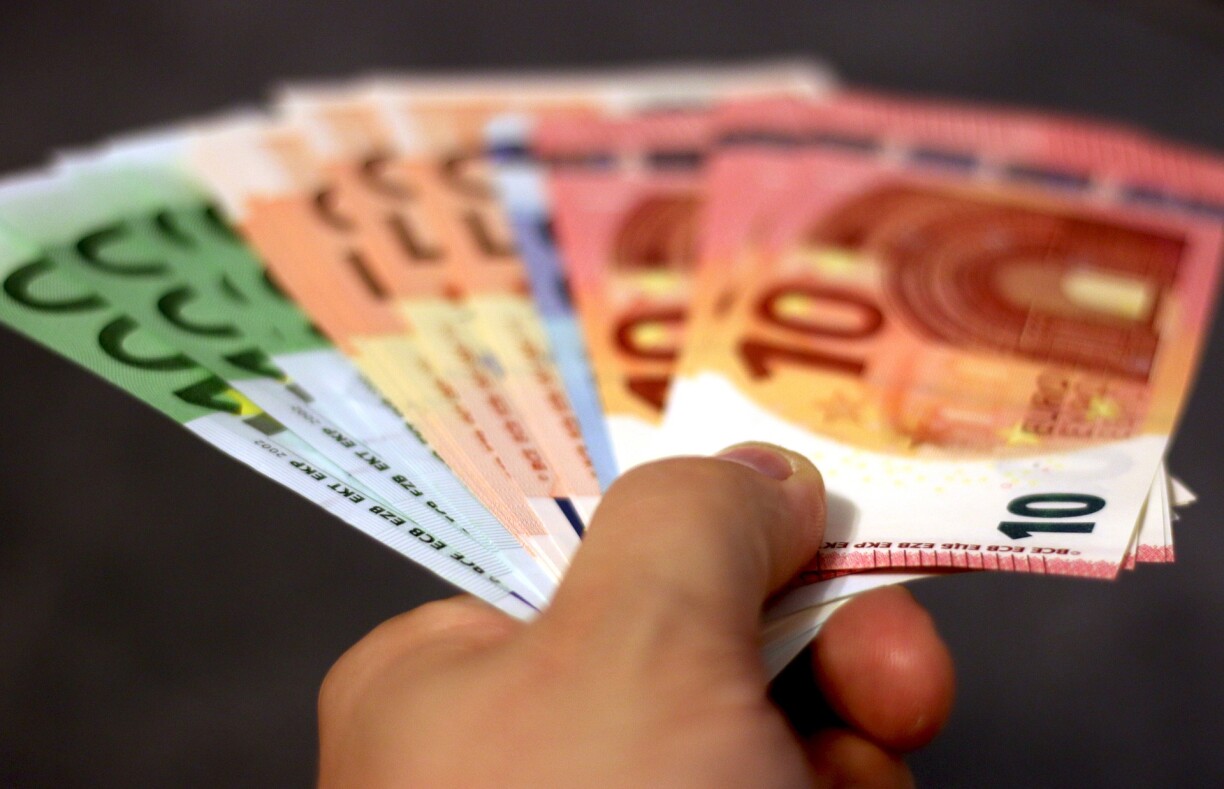
In its quest to find the ideal balance between health measures and economic imperatives, the Luxembourg government decided to increase the minimum social wage by 2.8% as of 1 January, 2021. The cost-of-living allowance, as well as the social inclusion income, are also to be increased.
The bill has been tabled in the Chamber of Deputies and has already received the approval of the Council of State. With this increase, the minimum wage will reach €2,201.93 gross for unskilled workers and €2,642.32 for skilled workers.
According to the government, as of 31 March, 2020, “60,502 employees, or 14.6% of employees (excluding civil servants) present on the labour market were paid in the vicinity of the minimum wage”, or less than €2,184 per month.
Of these 60,502 employees, 33,584 are residents of the Grand Duchy. 24,224 are employed in the commercial and hotel and catering sectors. In the latter, 46% of the employees receive the minimum wage.
https://5minutes.rtl.lu/actu/luxembourg/a/1616989.htmlRead also: Minimum wage increases by €450 over last ten years
Combined with the health crisis and the shutdown measures imposed during the two confinements, the increase in the minimum wage (which is already the highest in the European Union) is seen as a stab in the back by many companies. The total annual additional cost for all Luxembourg companies “is estimated at 54,3 million euros” by the government.
The Chamber of Commerce and the Chamber of Trades were particularly critical of this project, which had been decided “at the worst possible moment”, adding: “Many companies have seen their cash flow deteriorate sharply in recent months and will not have the capacity to absorb this unexpected increase in labour costs.”
Failing to obtain its withdrawal, they ask that aid be provided to cancel the effect of the increase on companies. The Union des Entreprises luxembourgeoises described the measure as “simply not sustainable”.